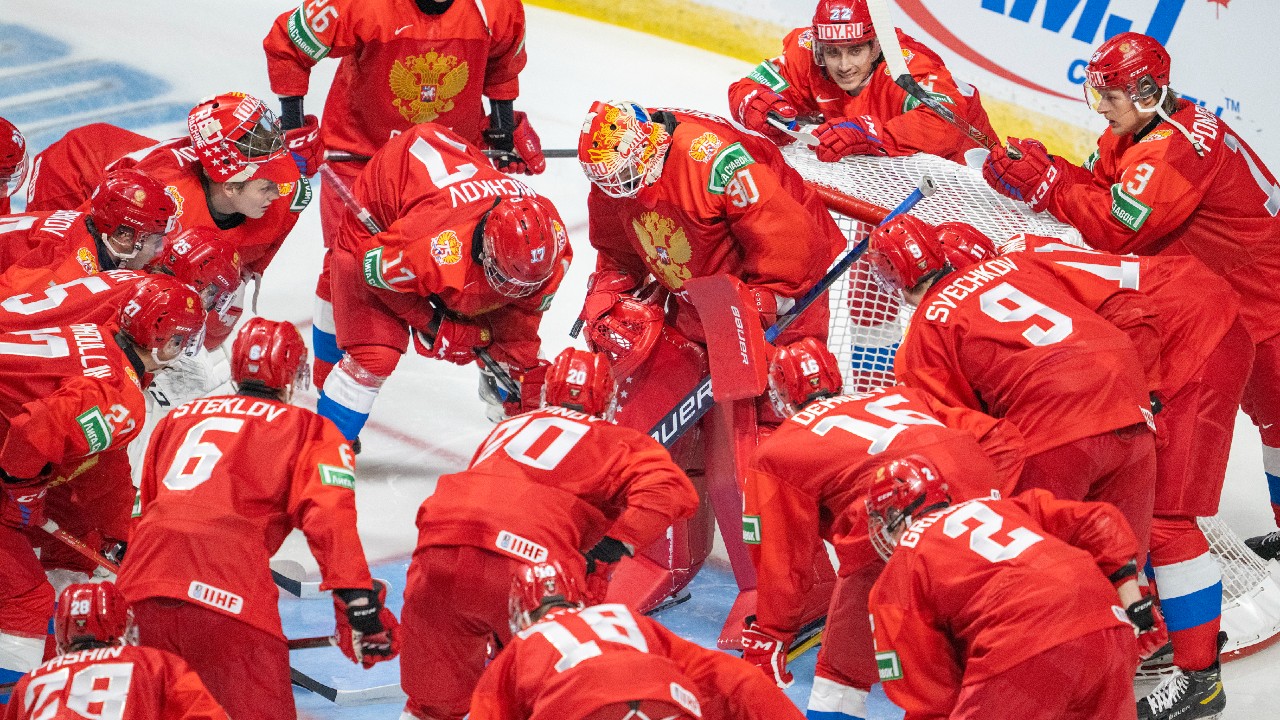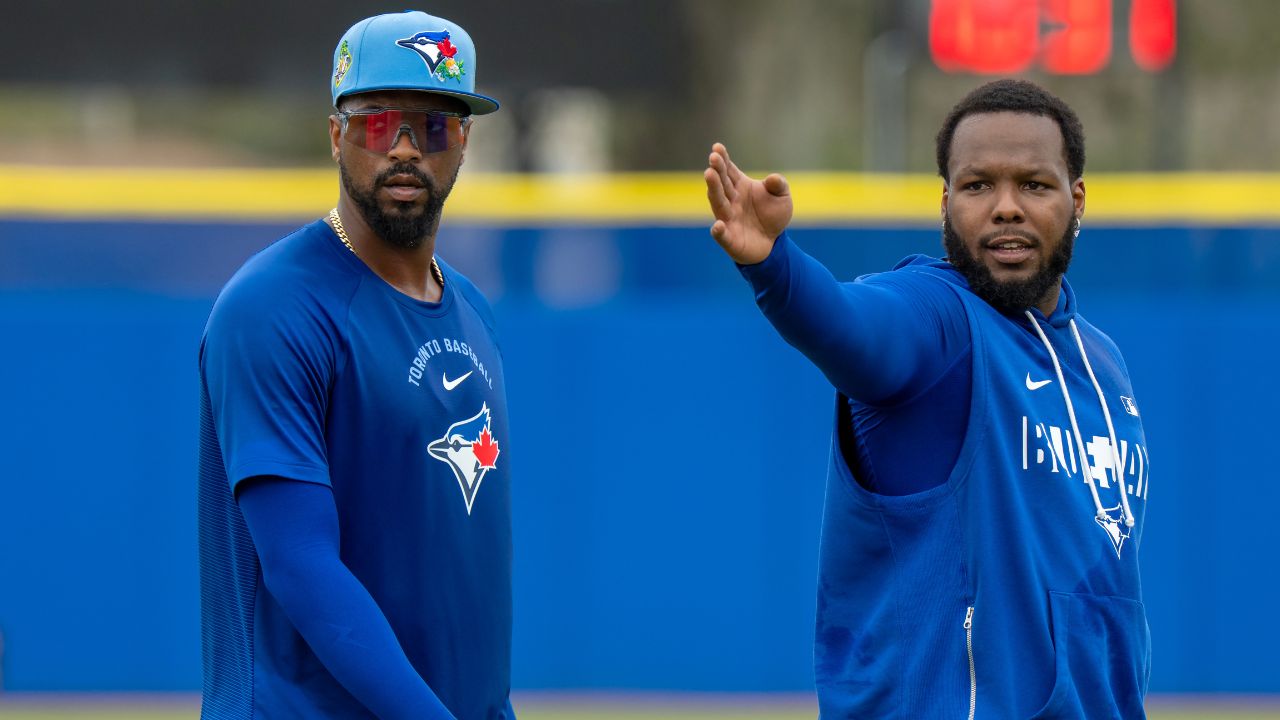
EDMONTON — The Big Red Machine, as Russia’s national men’s hockey team came to be known, was always about more than just the game on the ice.
Back when they wore CCCP across their jerseys, more so than today, they played hockey unlike anyone else. The Soviets, with players like Valeri Kharlamov, Alexander Maltsev, Igor Larionov and the great KLM line, were like ballet on ice. A skating, shooting and (especially) passing propagandist tool of the former Soviet Union.
We called them professionals as they routinely defeated our amateurs, because that foul truth made us feel better about the results. And when our pros finally beat them in 1972, well, we still talk about it. When the Americans knocked them off at Lake Placid in 1980, it was indeed “A Miracle On Ice,” hockey’s version of walking on the moon.
Today, Russian President Vladimir Putin has less control over those players than they did in the days of head coaches Anatoly Tarasov or Viktor Tikhonov. Under Putin, their national teams have largely been good, but no longer great.
Still, however, Putin considers the game to be an appendage of Mother Russia. Every bit as much as Leonid Brezhnev did.
So banning the Russians — and the Belarusians — from international hockey for the foreseeable future in light of Russia’s invasion of Ukraine, as the International Ice Hockey Federation did on Monday, is like amputating a Russian sporting limb. It hits Putin where perhaps even economic sanctions can not reach — in the collective soul, where hockey resides in most Russians the way it does with us here in Canada.
“There are a lot of sports, but hockey probably hits Putin the hardest,” said IIHF Vice President Bob Nicholson. “He learned to play hockey himself so he could be around the hockey people.”
We’ve all seen the videos of Putin gearing up in Russia’s national team uniform to skate in ceremonial games where, like a spoiled child, he is allowed by the rest of the participants to score at will. To bolster his politburo pride, Putin can score 10 goals if he wishes.
“Fifteen,” chuckled Nicholson. “If he can skate from one end to the other he gets to go down and score.”
Putin had best savour those goals, as there will be none scored by a Russian — man or woman — at an international hockey tournament in the next long while. Same goes for the Belarus national teams, which compete often a tier below their comrades.
At an IIHF meeting Monday in which Russian delegate Pavel Bure was asked not to join, delegates overwhelmingly voted to distance themselves and the international game from Putin’s war machine.
“There was a lot of discussion, but everyone was pulling in the same direction,” said Nicholson. “There is an executive member from Latvia, there’s one from Poland, there’s one from Italy, Finland, Sweden… They’re a lot closer than (to the war) us. We watch it on CNN.”
On the fifth day of Russia’s invasion, here’s how the sports world responded
Since Russia’s unprovoked invasion of Ukraine on Feb. 23, sports federations, as well as athletes, have weighed in on the conflict. Here’s what you need to know about what was said and enacted on Monday, the fifth day of the war.
• FIFA and EUFA announced that they have suspended all Russian teams from international competition in response to the invasion, changing course after their initial sanctions against the country and its allies were widely chastised as being insufficient.
• The International Ice Hockey Federation has suspended Russia and Belarus from every age category in international play until further notice.
• Canada Soccer said it would not compete at any level against Russia “until sovereignty and territorial integrity are restored.” Canada Basketball followed suit, saying it “stands in solidarity with Ukrainians.”
• The International Olympic Committee “strongly urged” sports federations and event organizers to not invite or allow the participation of Russian and Belarusian athletes and officials in international competitions, in a decisive recommendation that comes as the 2022 Paralympic Games are set to begin.
• Wayne Gretzky lamented the human toll of the ongoing crisis while zeroing in on what Edmonton, the host of the upcoming world juniors tournament, can do to make a difference.
It was an inevitability that hockey would make a stand, as the National Hockey League did a short time later when the league announced it would suspend its relations with its Russian business partners, while pausing its Russian language social and media websites.
“We also remain concerned about the well-being of the players from Russia, who play in the NHL on behalf of their NHL Clubs, and not on behalf of Russia,” the NHL statement added. “We understand they and their families are being placed in an extremely difficult position.”
In a statement released late Monday afternoon, Hockey Canada “strongly” condemned the attacks on Ukraine and said it supports the decision made by the IIHF. Hockey Canada also confirmed that Russia and Belarus will not be allowed to participate in non-IIHF events on Canadian soil.
On a TNT broadcast Sunday Wayne Gretzky opined that Russia not be allowed to play in August’s World Junior Championships in Edmonton, a re-do of the tournament that was postponed over Christmas due to a COVID-19 outbreak. The IIHF concurred, banning Russia and Belarus from competing at every age category until further notice — highlighted by the 2022 Women’s and Men’s World Championships.

The international body also stripped Russia of hosting the 2023 World Juniors.
“Good discussion today. Very clear,” said Nicholson. “I think it was a pretty decisive direction coming out of the IIHF.
“There are a lot of other things that still have to be determined on individuals — referees, linesmen, committee members, that type of thing — but we’ll be working on that in the next week or so. Job one is getting this (news) out.”
As well, Nicholson said that the Russians will not be invited to the U-18 Hlinka-Gretzky tournament scheduled for Edmonton in August.
FIFA also modified its previous, weak take on Monday, banning both countries from World Cup play among other sanctions.
Now, may we ask that the International Olympic Committee follow suit, having coddled Russia through decades of cheating with performance-enhancing drugs.
Sports have always been a beacon for Russian governments. The time has come for the world’s sporting communities to show those governments what we truly think of them.






